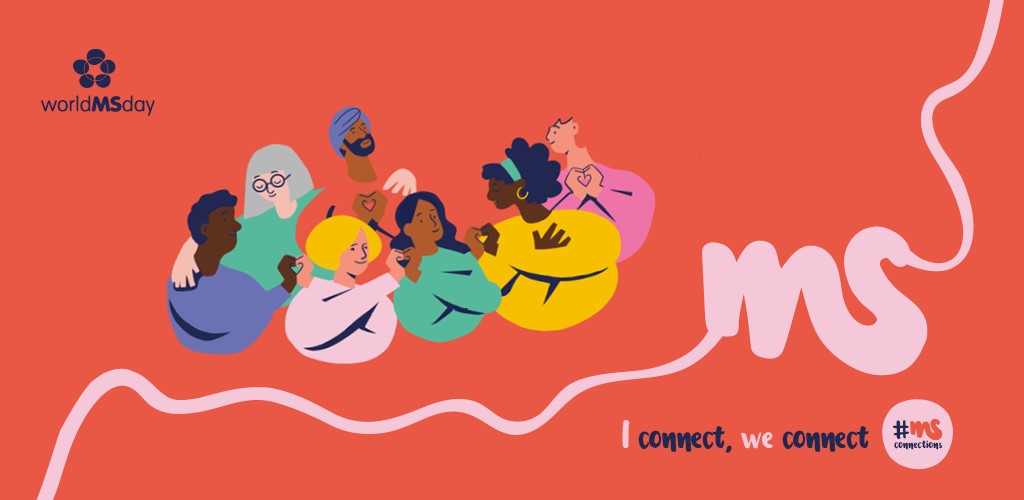Connecting people with Multiple Sclerosis (MS) to the services they need
There are effective and proven ways to manage the symptoms of Multiple Sclerosis, alongside pharmacological advances in the clinical management of the disease. Allied Health clinicians and nurses play an important role in helping people living with MS achieve their goals and live the best life possible at all stages of their journey.
Improving nutrition
- Eating a balanced and nutrient filled diet can reduce disability and depression in people with MS.
- Improving fibre intake can help to manage constipation, which is a common symptom of MS.
- Including herbs and spices in recipes is a way of increasing the tastiness of food, which can be reduced.
- Eating the right foods, prepared in the correct ways is an effective way to reduce fatigue.
- Maintaining high quality nutrient intake when managing swallowing difficulties is an important aspect of eating in more advanced stages of MS.
Who can help?
Dietitians for all diet, nutrient and food related programs
Speech Pathologists for swallowing difficulties
Nurses for general medical and health assessments and management.
Keeping fit and active
- Moving and exercise is a mainstay of MS management.
- Early, individualised exercise therapy improves mobility and balance.
- In the later stages of MS, exercise can reduce muscle spasticity and conserve function.
- Understanding how best and how much to exercise is vital for fatigue management.
Who can help?
Physiotherapists work with people at all stages to create exercise programs that address the unique needs of their clients.
Allied Health assistants support with safe and effective exercise.
Osteopaths work to help clients move their bodies and reduce pain.
Podiatrists prescribe and fit shoes to improve ankle and foot stability.
Maintaining Independence
- Work and self-care can become difficult over time but people with MS can use technology and techniques to maintain independence for as long as possible.
- From modified cutlery to electric wheelchairs, the right equipment can be a pathway to continued participation.
- Home modifications and adaptions are key to ensuring safe mobility and access for people with MS.
- Assistive devices can make life easier and safer for clients and their care givers.
Who can Help?
Occupational therapists for all home modifications and assistive technology
Physiotherapists for mobility equipment
Managing medications and continence
- There is ongoing research into therapeutic and pharmacological management of Multiple Sclerosis, with significant advances being made as researchers learn more about the disease.
- Medical management includes a regime of medications, taken regularly with side-effects well monitored.
- Incontinence is a symptom of MS that most people face and can be well managed at home independently or with help if needed.
Who can help?
Nurses can help with medication management alongside the management of any other health concerns.
Nurses can also provide continence care and catheter care for people who need it.
By connecting to the healthcare professionals that best suit their needs, people with MS can maintain the best quality of life possible. Empower multidisciplinary teams work together to link clients to the clinicians they need. Click here for more information on World MS Day.
MORE BLOGS YOU MAY BE INTERESTED IN
Living life to the full after Ostomy surgery
Nutrition and the immune system
…

